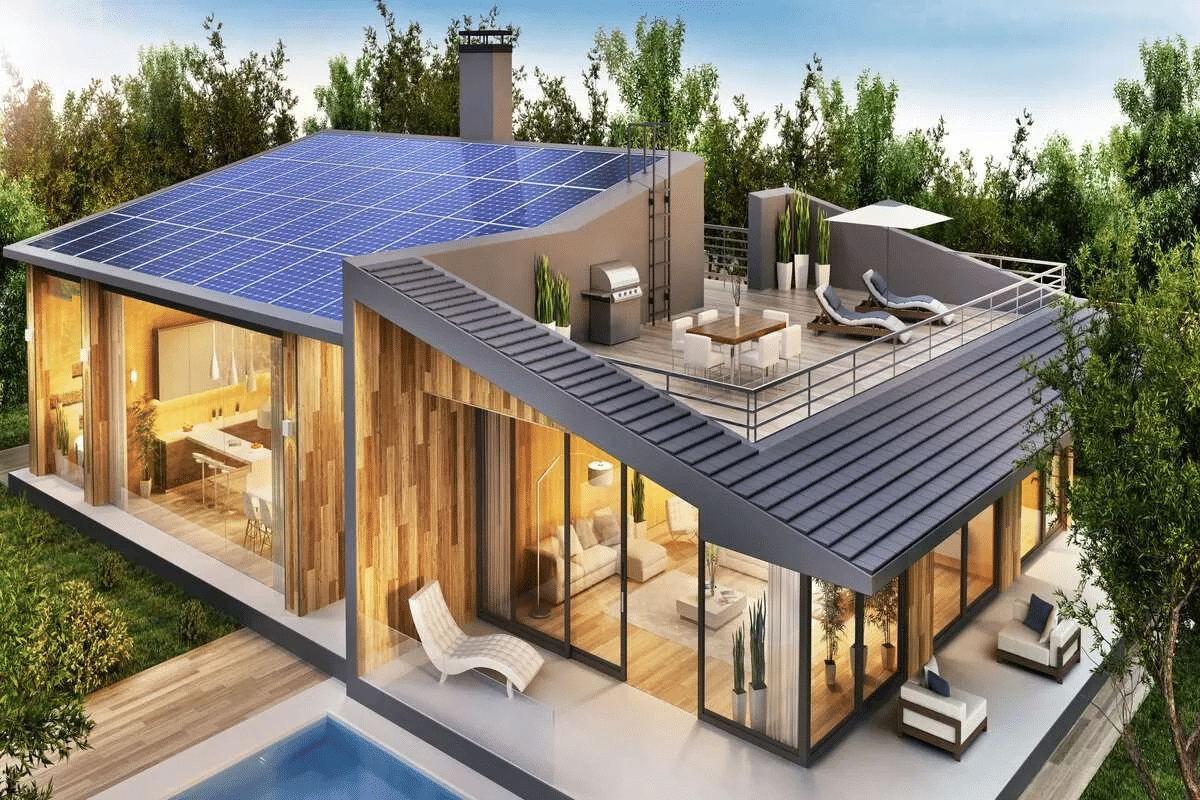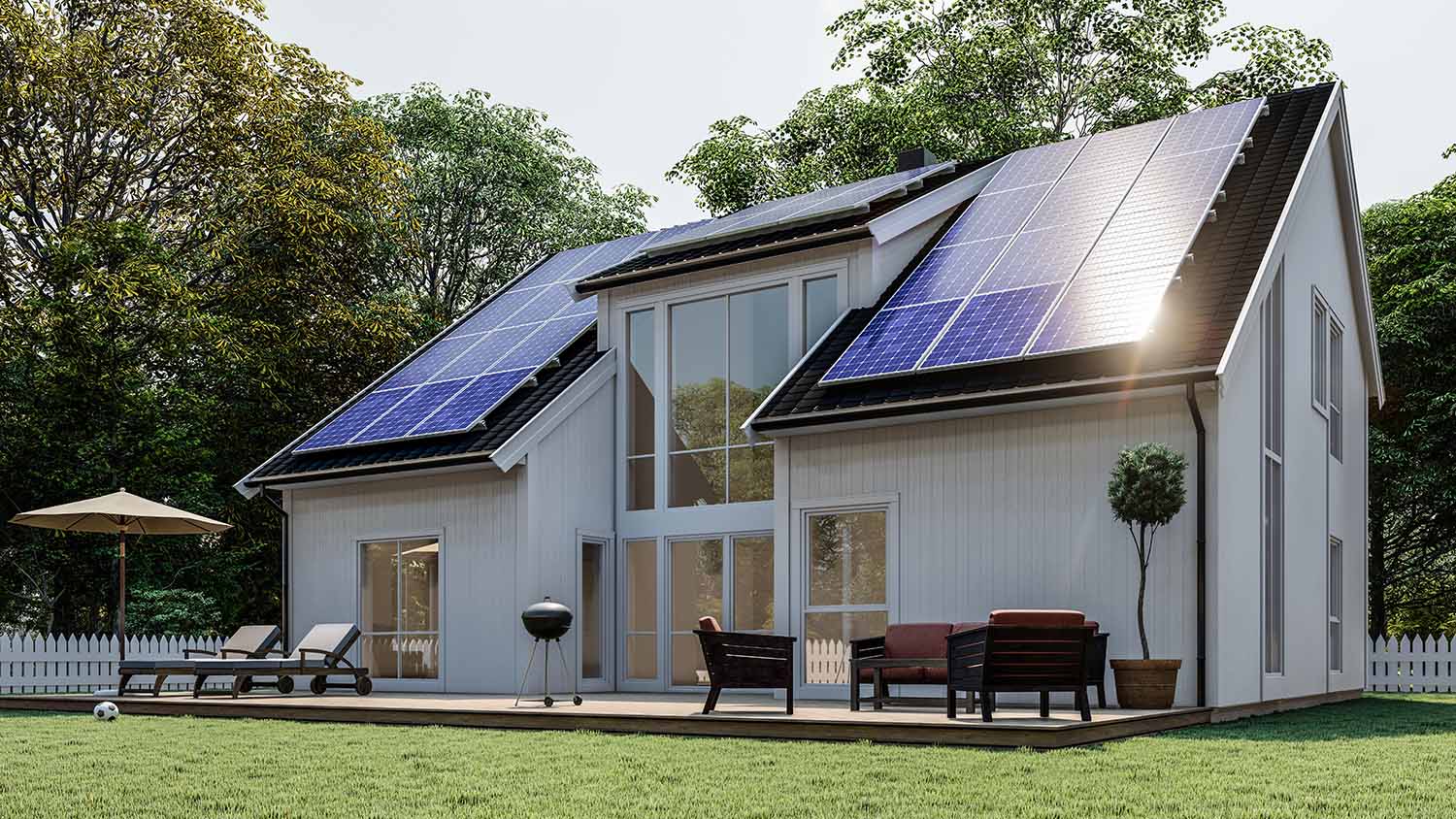In a world where technology is reshaping every part of our lives, from how we communicate to how we cook, the concept of the smart home has moved from luxury to necessity. What once seemed futuristic—lights turning on with a voice command, appliances running on a schedule, or your home alerting you about an intruder—has become mainstream. But behind the
In a world where technology is reshaping every part of our lives, from how we communicate to how we cook, the concept of the smart home has moved from luxury to necessity. What once seemed futuristic—lights turning on with a voice command, appliances running on a schedule, or your home alerting you about an intruder—has become mainstream. But behind the seamless operation of a smart home lies one powerful innovation: smart panels.


Smart panels are modern electrical panels that do more than just distribute power. They monitor energy usage in real time, integrate with solar systems and batteries, detect faults, and even let you control your power consumption through an app. In essence, they are the digital brains of your home’s energy system. Think of them as the upgrade from a flip phone to a smartphone—your traditional electrical panel gets a tech-savvy makeover.
As smart homes evolve, so does the demand for smarter energy management. Here's why smart panels are becoming the new standard:
Smart panels allow homeowners to see exactly how much energy each device or room is using. This granular insight helps reduce waste, lower bills, and support sustainable living.
If you’ve invested in solar panels or a home battery system, a smart panel is crucial. It can automatically balance solar input, battery charge, and grid power to optimize energy flow—without you lifting a finger.
With app-based control, you can turn off specific circuits remotely, schedule device usage, or receive alerts when something goes wrong. Whether you're traveling or simply away for the day, you’re always in control.
Smart panels can detect abnormal energy spikes, short circuits, or overheating in real time. Many systems will automatically shut off the affected circuit, minimizing fire risk and damage.
As electric vehicles (EVs), smart appliances, and home automation systems become more widespread, smart panels ensure your home is ready to handle these demands efficiently.
What started as a feature in luxury homes is now becoming a building standard. Forward-thinking developers and architects are including smart panels in new constructions to meet both market demand and building codes that favor energy efficiency. According to market research, the global smart panel market is expected to grow exponentially in the coming years, driven by the rise of smart cities, electrification, and consumer demand for greener living.


If you're renovating, installing solar panels, or just want to reduce your electricity bills, upgrading to a smart panel is a wise investment. While upfront costs may be higher, the long-term benefits in savings, convenience, and safety make it well worth it.

Smart homes are no longer a glimpse into the future—they are the present. And at the center of this transformation is the smart panel: quietly managing, protecting, and optimizing the energy that powers our lives.